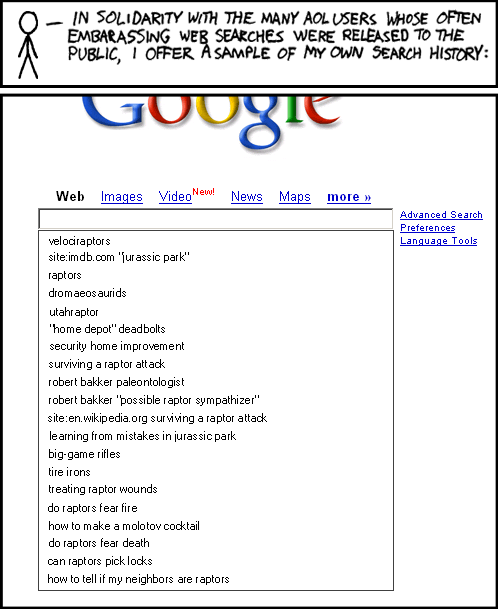
- WHERE TO FIND HISTORY IN UC BROWSER FOR PC ANDROID
- WHERE TO FIND HISTORY IN UC BROWSER FOR PC SERIES
Our previous research includes investigations of censorship practices of search engines offered by Google, Microsoft, and Yahoo! in the Chinese market along with domestic Chinese search engine Baidu. This report is a continuation of our prior work examining the security and privacy of popular mobile applications in Asia.

Reason for Concern: UC Browser’s transmission of personally identifiable subscriber data, mobile device identifiers, and user geolocation data without effective encryption presents a security and privacy risk for users.Location and user data, including IMSI, IMEI, and data about nearby cellular towers and Wi-Fi access points, are sent with easily circumvented encryption by AMAP, an Alibaba mapping tool, in the Chinese language version.Transmission of personally identifiable information and geolocation data with easily circumvented encryption: Reason for concern: The transmission of personally identifiable information, geolocation data and search queries without encryption represents a privacy risk for users because it allows anyone with access to the data traffic to identify users and their devices, and collect their private search data.User search queries are sent without encryption to the search engine Shenma (in the Chinese language version) or Yahoo! India and Google (in the English language version).User geolocation data, including longitude/latitude and street name, are transmitted without encryption by AMAP, an Alibaba mapping tool, in the Chinese language version.

WHERE TO FIND HISTORY IN UC BROWSER FOR PC ANDROID

Our notification to the parent companies is described below in detail.
WHERE TO FIND HISTORY IN UC BROWSER FOR PC SERIES
We have identified a series of major security and privacy issues in the English language and Chinese language editions of the Android version of UC Browser. While media outlets are publishing a story about the CSE document, we cannot determine if the problems we identify in UC Browser and that are described in this report are identical to those referenced in the 2012 CSE document. Given the Citizen Lab’s ongoing research into popular Asian communications tools, and the possibility of vulnerabilities affecting a large number of users, we decided to conduct an independent investigation of UC Browser. The document, apparently prepared in 2012 by Canada’s signals intelligence agency, the Communications Security Establishment (CSE), noted the existence of security vulnerabilities in UC Browser. The CBC contacted us requesting our comment. Our research was prompted by revelations in a document leaked by Edward Snowden on which the Canadian Broadcasting Corporation (CBC) was preparing a story. This report provides a detailed analysis of how UC Browser manages and transmits user data, particularly private data, during its operation. UC Browser is the most popular mobile web browser in China and India, boasting over 500 million users.



 0 kommentar(er)
0 kommentar(er)
